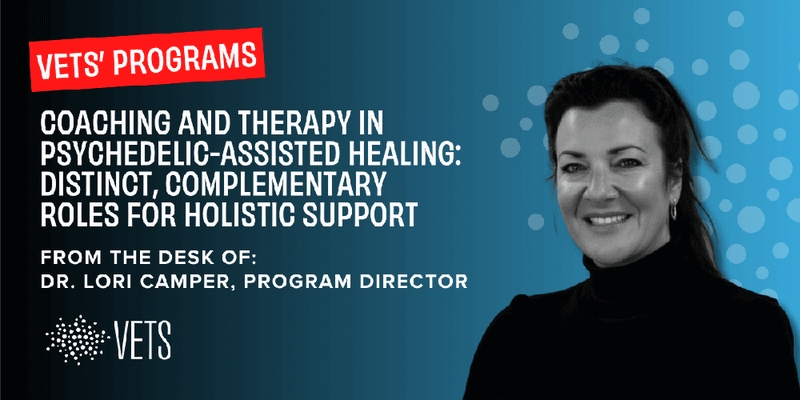Coaching and therapy are distinct, yet complementary, approaches to enhancing individual well-being and personal growth. Therapy and coaching are both valuable forms of support—but they serve different purposes, utilize different treatment modalities, focus on different aspects of personal development, and have vastly different educational requirements. Let’s talk about these differences.
In general, coaches tend to be more future-focused on personal development. Coaches work collaboratively with clients to identify specific goals, develop actionable plans, overcome obstacles, and enhance performance in areas like career, relationships, or personal wellness. Coaching often employs techniques such as motivation, accountability, and skill development that foster self-discovery and achievement. They generally work with clients who are looking for guidance to achieve aspirations rather than addressing deeper psychological issues. The essence of coaching lies in forward momentum and pursuing goals.
In contrast, therapists address emotional and psychological challenges. Therapists provide a safe space for clients to explore their thoughts, feelings, and behaviors, facilitating a deeper understanding of their psychology, emotions, and traumas. They often explore underlying factors and patterns that influence current thoughts and behaviors. Therapists use various approaches, such as cognitive-behavioral therapy or psychodynamic therapy, to help clients access and understand their psyche and develop coping strategies.
Coaches’ and therapists’ educational requirements are vastly different. While a formal education is not always a requirement for coaching, they may hold degrees in fields that provide a foundational understanding of human behavior and motivation. Some accredited organizations offer specialized coaching certifications. In comparison, most therapists hold Masters or Doctorate degrees. They are required to complete supervised clinical hours and pass licensing examinations to practice legally in their state. Regulatory agencies oversee the licensing process and set ethical standards within the field of therapy.
How is this relevant to VETS? We take pride in the skill and professionalism of our psychedelic-assisted therapy professionals. While they are licensed therapists, they are also certified coaches with years of experience working with veterans—making them truly invaluable in the psychedelic-assisted therapy space. One-on-one support with a VETS coach, combined with VETS’ ongoing wraparound support assists individuals in healing and leading fulfilling lives by fostering resilience, self-awareness, and overall well-being.
About Dr. Lori Camper, VETS Program Director
Dr. Lori Camper has worked with Special Operations Forces (SOF) families for over ten years, seeking solutions and providing assistance for their unique stressors and struggles.
She has a doctorate in Psychology, specializing in trauma and crisis counseling, and is a certified Psychedelic Integration Coach. For her dissertation, she conducted a phenomenological qualitative study that explored the lived experiences of SOF veterans during psychedelic-assisted treatment with ibogaine and 5-methoxy-N, N-dimethyltryptamine (5-MeO-DMT).

